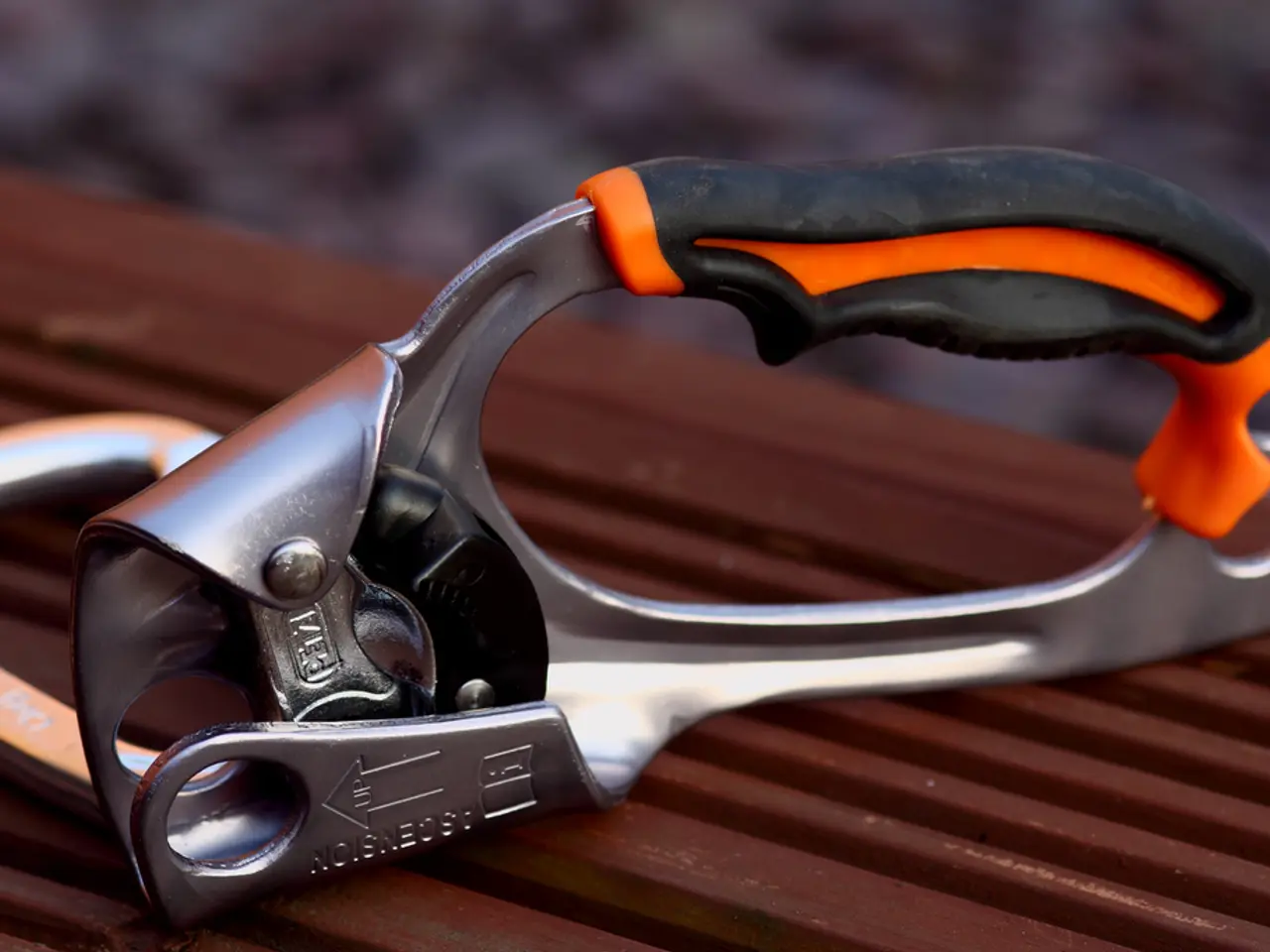Medical device manufacturer Treace Medical Concepts initiates legal action, accusing Zimmer Biomet of patent violations
In the realm of medical technology, the concept of repurposing intellectual property is gaining traction, as evidenced by discussions in publications like "Medical Device Manufacturing Insights." One such case is currently unfolding, as Treace Medical Concepts, Inc. has taken legal action against Zimmer Biomet Holdings, Inc. and Paragon 28, Inc. for allegedly infringing on four patents related to Treace's Lapiplasty 3D Bunion Correction System.
The lawsuit, filed in the United States District Court for the District of Delaware, seeks to halt the alleged infringement and obtain financial damages. The patents in question include Patent No. 12,102,368, Patent No. 12,268,397, Patent No. 12,268,428, and Patent No. 12,274,481.
At the heart of the dispute is the Lapiplasty system, a groundbreaking technology designed to correct bunions in three dimensions. The system employs a combination of instruments, implants, and surgical methods, providing surgeons with a guided approach to achieve more consistent results for patients.
Treace Medical claims that Zimmer Biomet and Paragon 28 are selling products that closely resemble the patented features of the Lapiplasty system, encompassing both the surgical tools and techniques used during the procedure.
The timing of the lawsuit is significant, coming shortly after Zimmer Biomet finalized its acquisition of Paragon 28 for approximately $1.2 billion in April 2025. This suggests that Treace may now be challenging a broader range of products that could overlap with its intellectual property.
In the legal arena, the case has been assigned to Judge Gregory B. Williams in the U.S. District Court of Delaware, with the case number being 1:25-cv-00592. Treace emphasizes its leadership in the field of instrumented 3D bunion correction, boasting an extensive patent portfolio of over 80 granted U.S. patents, 26 international patents, and more than 150 pending applications. The company views this lawsuit as part of its strategy to protect its innovations and ongoing research investments.
The potential implications of the lawsuit could reshape the competitive landscape in the orthopedic industry, particularly in the segment focused on bunion correction and related technologies. As companies continue to innovate and expand their product lines, protecting their intellectual property becomes increasingly important to maintain competitive advantages and ensure the validity of their research investments.
John Treace, the chairman, CEO, and founder of Treace Medical Concepts, stated that the lawsuit is necessary to protect the company's pioneering research and technology, which benefits both patients and stockholders. He emphasized the importance of enforcing intellectual property rights to drive innovation.
In conclusion, the lawsuit filed by Treace Medical Concepts against Zimmer Biomet Holdings and Paragon 28 over the Lapiplasty 3D Bunion Correction patents reflects a broader trend of intellectual property disputes in the medical technology sector. As companies continue to innovate and expand their product lines, the protection of intellectual property becomes vital to preserve their competitive advantages and the validity of their research investments.
In the context of science and health-and-wellness, Treace Medical Concepts' legal action against Zimmer Biomet and Paragon 28 involves medical-conditions-related medical plastics, as the patents in question cover innovations in the Lapiplasty 3D Bunion Correction System, a technology designed to improve medical conditions. This lawsuit highlights the importance of safeguarding intellectual property rights in the field of medical plastics, to encourage further research and development in the realm of health-and-wellness and medical technology.




